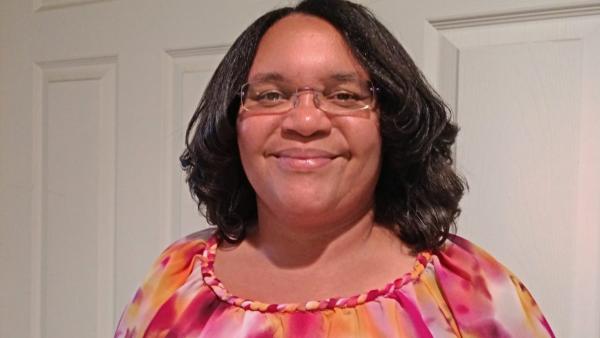 The Alzheimer’s Association has awarded a prestigious three-year, $200,000 research grant to Dr. Ronica Rooks, professor in the Department of Health and Behavioral Sciences at CU Denver.
The Alzheimer’s Association has awarded a prestigious three-year, $200,000 research grant to Dr. Ronica Rooks, professor in the Department of Health and Behavioral Sciences at CU Denver.
Using national, secondary data from the Health and Retirement Study (HRS) and the Census-enacted HRS (linking the HRS to United States' business information), she will explore if relationships exist between race/ethnicity, employment, and cognitive impairment or dementia; and if employment can mitigate Black and Latino vs. White disparities in cognitive impairment or dementia over time among older adults.
Can employment reduce racial/ethnic disparities among older Black, Latino, and White adults in cognitive impairment or dementia risk over time?
Older Black and Latino adults are more likely than their White peers to experience cognitive impairment and dementia, as well as to face faster cognitive decline. Yet, meaningful employment may offer protective benefits. Dr. Rooks’ research explores the possibility that paid work—through social engagement, purpose, and physical activity—can reduce not only overall dementia risk but also the disparities that disproportionately impact communities of color.
We do not know if employment can reduce CIND and dementia risk and racial/ethnic disparities over time among older adults.
The long-term goals of this study are to reduce racial/ethnic disparities among older adults with CIND and dementia by maintaining their cognitive, social, and physical functioning with paid work.
Her goals are to:
- Explore if individual and business factors in existing data [the Health and Retirement Study (HRS) and Census-enacted HRS linked to US business information] relate to CIND and dementia from 2000-2022 for adults initially aged 51-64.
- Build on this research in the future, asking older adults and service providers for their input on using tablets and coworker peers as memory aids for older adults with CIND and creating a small, part-time work intervention for older adults with CIND.
As Dr. Rooks’ research gets underway, it holds the potential not only to reshape our understanding of aging and employment—but also to provide actionable pathways toward equity in cognitive health.
